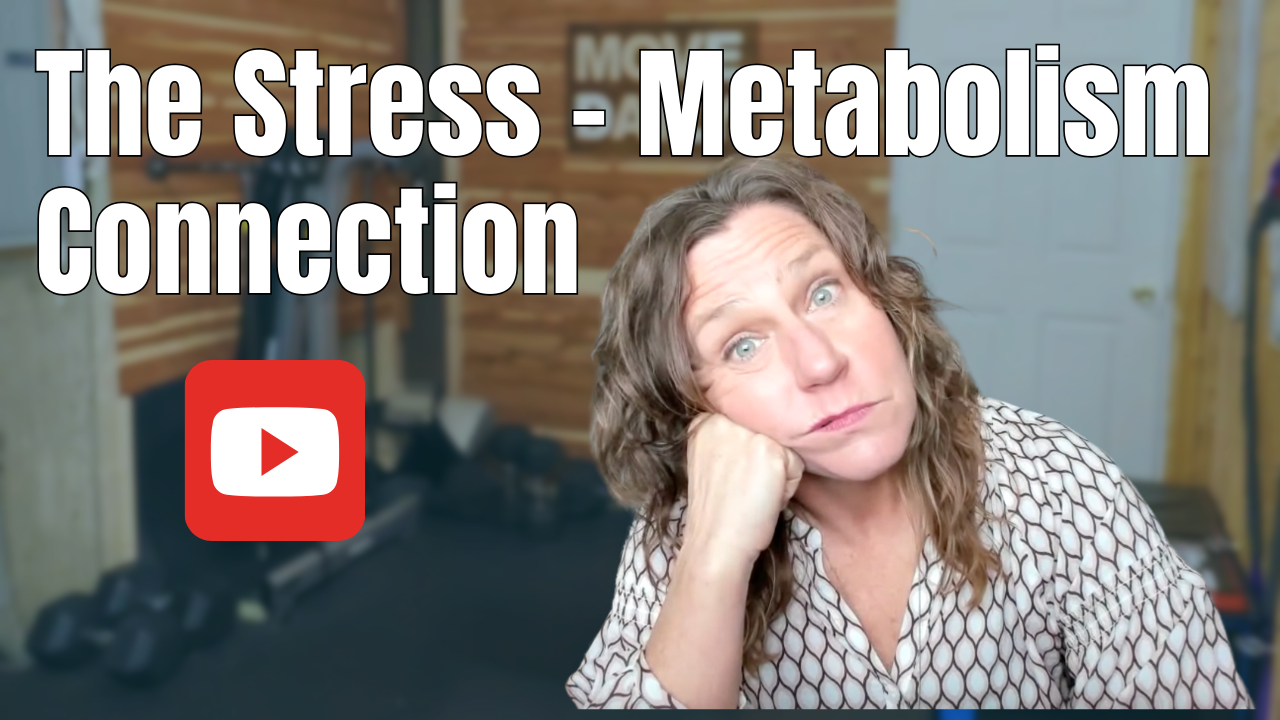Part 3: Feeling Tired, Stressed & Gaining Weight? Here’s Why

How Stress Wrecks Your Metabolism in Midlife (And What to Do About It)
In this episode of The Menopause Method, we’re diving into how stress secretly sabotages your metabolism, hormones, and fat loss after 45.
If you’ve been feeling tired no matter how much you sleep, craving sugar all day, or holding onto belly fat even when eating healthy—stress could be the missing link.
I’ll break down:
✔ How chronic stress raises cortisol and triggers fat storage in menopause
✔ The sneaky signs of stress overload (bloating, sleep issues, cravings, and more)
✔ Why stress messes with your blood sugar and metabolism—making weight loss harder
✔ Science-backed strategies to lower stress, reset hormones, and support metabolism
Your body isn’t broken—it’s responding to stress. Learn how to work with it, not against it, so you can feel strong, energized, and in control again.
Tune in now to take back your metabolism in midlife!
Free Home Gym Guide: https://www.camoyler.com/gym-equipment-guide
Free Menopause Sleep Guide: https://www.camoyler.com/pl/2148586038
Get the Menopause Mini Workouts: https://www.camoyler.com/meno-minis.
You'll hear:
-
The Hidden Impact of Stress: Discover why stress isn’t just mental overwhelm but a physiological response that can make fat loss seem impossible, no matter how well you're eating or how often you're working out.
-
Signs of Stress You Might Be Ignoring: From chronic fatigue to sudden sugar cravings, learn to spot the sneaky signs of stress that often fly under the radar—because your belly might just be your body's stress barometer!
-
Vital Strategies to Reset Your Metabolism: We’re not just identifying problems; we're offering simple science-based strategies to reduce stress and help reset your metabolism. Trust me, it's about time we move beyond the extremes of dieting and cardio!
Key Takeaways:
- Stress is a physiological response that affects metabolism.
- Chronic stress can lead to weight gain, especially around the belly.
- High cortisol levels disrupt digestion and hormone balance.
- Women in midlife often experience hidden signs of stress.
- Dieting harder and exercising more can worsen stress-related weight gain.
- Strength training can help reduce cortisol levels.
- Walking after meals aids digestion and lowers blood sugar.
- Prioritizing protein and fiber helps manage cravings and gut health.
- Self-care is essential for reducing stress and improving health.
- Identifying stress triggers is crucial for managing overall well-being.
Timestamps:
00:00 Understanding Stress and Its Impact on Health
01:23 The Physiological Response to Stress
06:22 Chronic Stress and Hormonal Imbalances
09:15 Strategies to Manage Stress and Reset Metabolism
Click below to listen now, and let’s make movement work for you!
